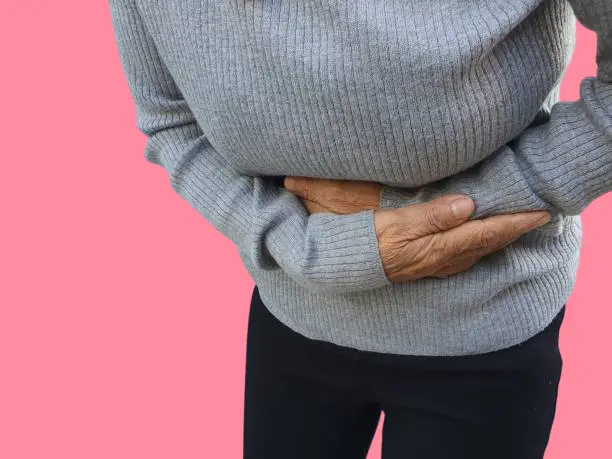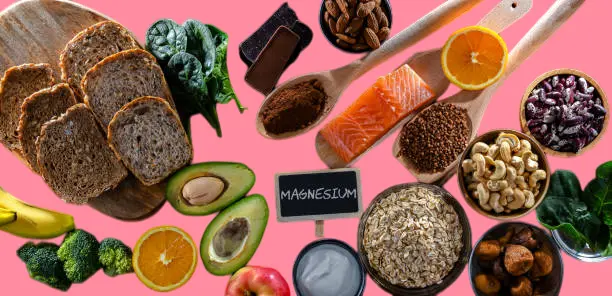Irritable bowel syndrome (IBS) is one of the most common digestive disorders among women over 50, involving a combination of hormonal, psychological, and functional factors.
This disorder significantly impacts quality of life, requiring a thorough understanding of how to manage it effectively and alleviate its symptoms.
What are the symptoms of IBS in women?

The symptoms of chronic IBS are varied and often accompanied by hormonal changes in women over 50. These symptoms include:
- It may be associated with bloating, gas, and abdominal pain.
- It is often linked to psychological stress and chronic pressure.
- Intestinal muscle function declines with age.
Dietary modification is the first line of defense
Diet plays a crucial role in managing chronic IBS in women. Therefore, it is important to:
- Avoid fatty and fried foods.
- Limit caffeine and carbonated beverages.
- Introduce fiber gradually, not all at once.
The role of fluids in improving bowel movements
Staying hydrated helps alleviate constipation caused by chronic IBS. Therefore, it is important to:
- Drink 6-8 glasses of water daily.
- Reduce sugary juices to avoid bloating.
- Consuming calming herbs such as peppermint and chamomile.
Regular physical activity and its effect on symptoms
Exercise improves bowel movements and reduces stress caused by chronic irritable bowel syndrome (IBS) in women. Therefore, it is recommended to:
- Walk for 30 minutes daily.
- Practice breathing and relaxation exercises.
- Practice yoga and gentle stretching exercises.
Practice medication under medical supervision
Medications are used to treat chronic IBS in women over 50 when symptoms are severe. These include:
- Antispasmodics to relieve pain.
- Fiber supplements or laxatives for constipation.
- Anti-anxiety medications when needed and under medical supervision.
Stress management and psychological support
Psychological aspects are a crucial element in managing chronic IBS, especially after age 50. These include:
- Daily relaxation techniques.
- Managing stress caused by hormonal changes after menopause.
- Regulating sleep and reducing stress.
Natural remedies and safe supplements

Some natural alternatives help relieve chronic IBS symptoms without significant side effects. These include:
- Peppermint oil to improve bowel movements.
- Flax seeds can help relieve constipation.
- Eat foods rich in magnesium to soothe intestinal muscles.
Frequently Asked Questions about Irritable Bowel Syndrome in Women Over 50
Can IBS be completely cured in women over 50?
Symptoms can be largely controlled, but it is considered a chronic disorder.
Do hormonal changes worsen IBS symptoms in women?
Yes, the decline in estrogen after age 50 can affect intestinal sensitivity.
Do dairy products worsen IBS in women?
They may worsen symptoms in some people, especially those with lactose intolerance.
Can herbs alone be used to treat IBS in women?
Herbs can be helpful in calming irritation, but they are not a substitute for medical treatment.
Article Summary
Treating IBS in women over 50 involves a combination of lifestyle modifications, dietary changes, and stress management, along with medication or supplements when needed.
Consistency in implementing these approaches is key to preventing IBS, reducing the severity of symptoms, and improving daily quality of life.